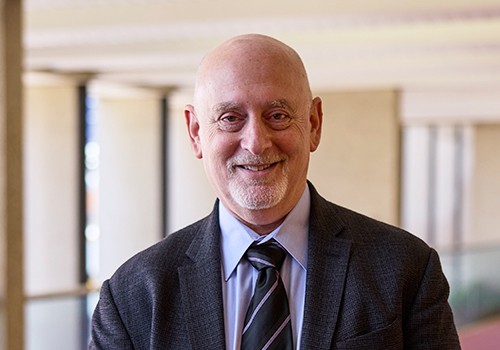Influencing the next generation to overcome childhood obesity

By Professor S. Jay Olshansky
During the last 4 decades, an unusual public health event occurred – one that will influence the health and longevity of most people alive today. A pandemic of childhood and adult-onset obesity swept across the globe, wreaking havoc on an entire generation – young and old. Unlike communicable diseases, which exhibit their health effects immediately, the life and health consequences of obesity have a latent effect – often taking decades to emerge.
As a Professor of Public Health, I’ve conducted extensive research on longevity – demonstrating that the pandemic of childhood obesity and the global increase in body fat, will have a dramatic negative influence on life expectancy. The rise of childhood obesity will shorten the lives of an entire generation through increased risks of diabetes, cardiovascular diseases, and cancer, and it will worsen if we don’t address the problem now.
The challenge is that we’re battling our own biology. One of the most important genetic programs that supports life on earth is an ability to store excess calories in the form of body fat. Life could not exist without energy storage. Expose this genetic program to a rapid increase in the availability of cheap and fast excess calories that cater to human taste buds, and the inevitable consequences is a global obesity pandemic. Understanding how bodies accumulate and defend fat is the first step required to win this battle against our own biology.
To help the next generation of Queenslanders, we need to fundamentally change the relationship they have with food. If we can intervene early to teach children and their parents about how to develop a healthy approach to food preparation and consumption, current and future generations of Queenslanders will enjoy an extended period of healthy life.

S. Jay Olshansky is a Professor in the School of Public Health at the University of Illinois at Chicago, Research Associate at the Center on Aging at the University of Chicago and Chief Scientist at Lapetus Solutions, Inc.


